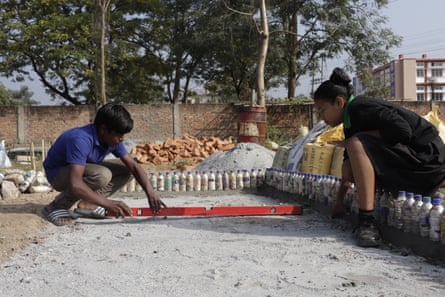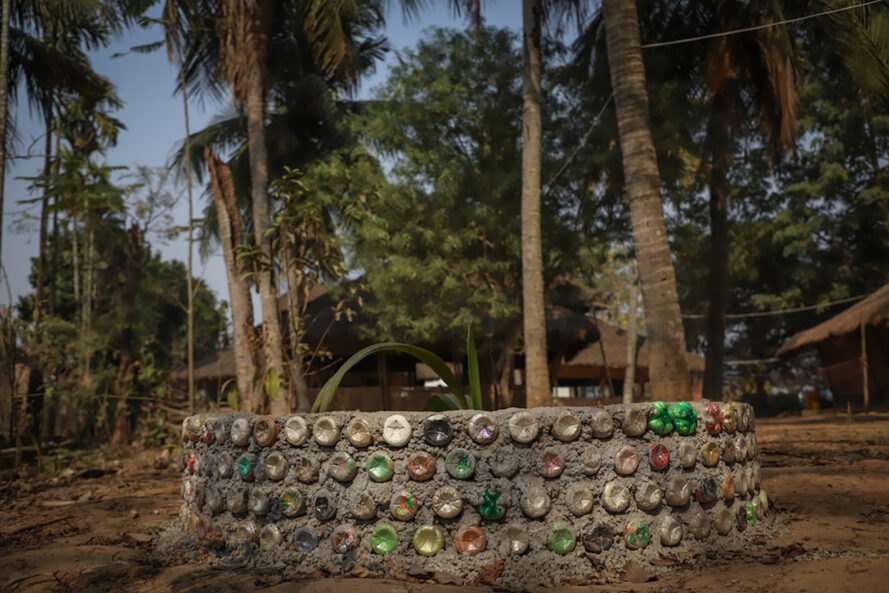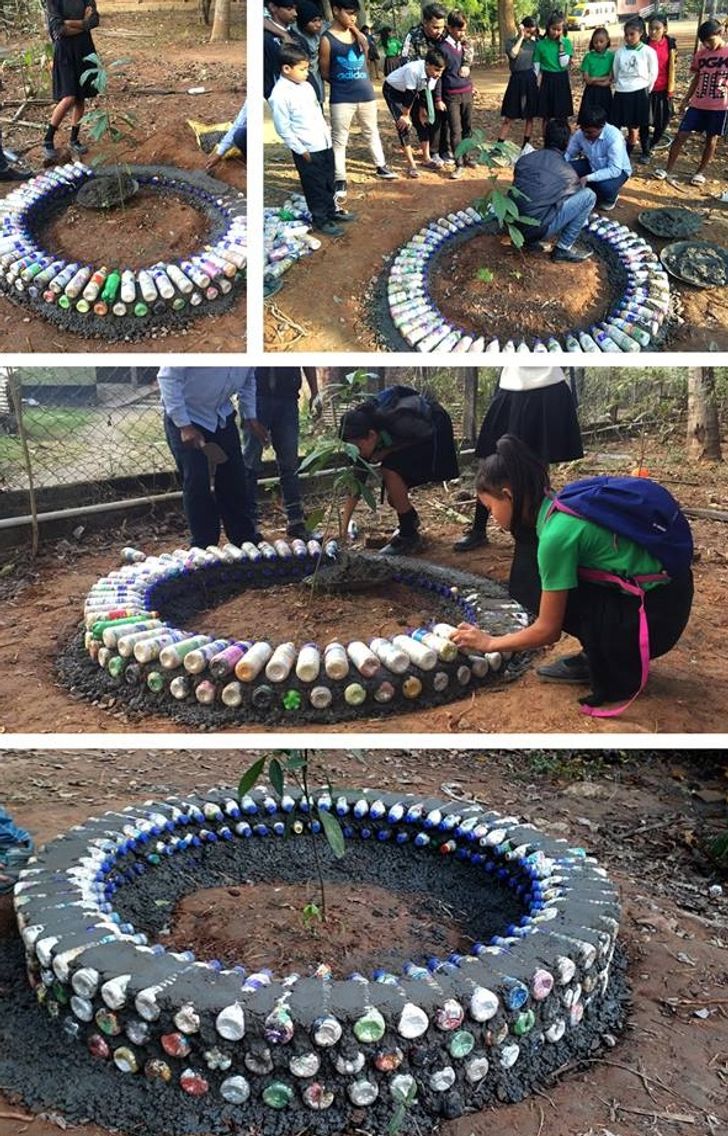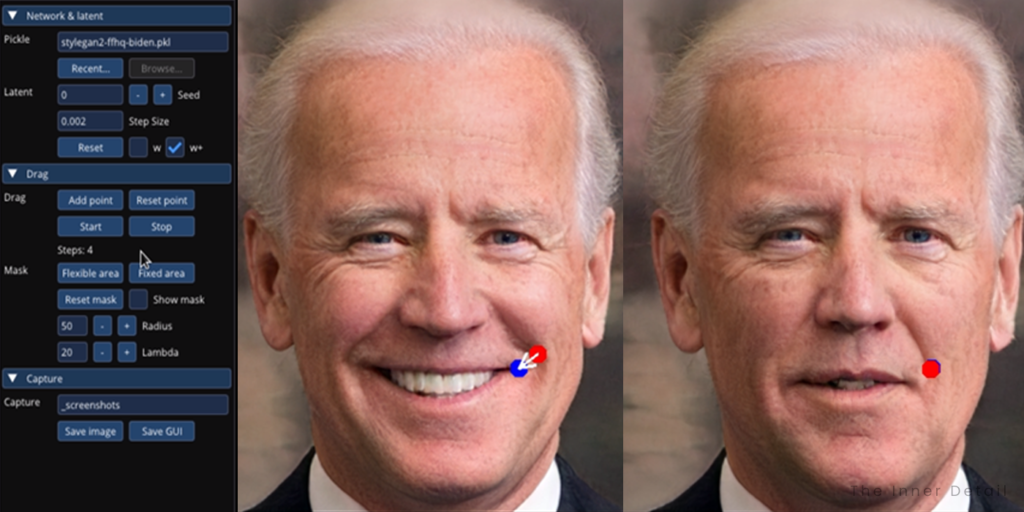Amidst top-rated schools charging lakhs in the name of tuition fees and ‘extracurricular activities’, this peculiar school, located in an Assamese village, India shows green-card for plastic wastes as school fees. Students of this school are seen carrying plastic wastes daily, to pay-off in return for their knowledge. Inquiry out of eager to the school’s founders about this acceptance, they have a list of objectives being fulfilled by this move. Detailed in this article.
Akshar Forum School
Akshar Forum School, founded in 2016 by a couple, Mazin Mukhtar, 32, and his wife Parmita Sarma, 30, allures parents, environmentalists, social-workers and people by receiving tuition fees as plastic wastes or as cash. The school also enforces the students to be eco-warriors by guiding them to reuse plastic wastes for construction purposes.
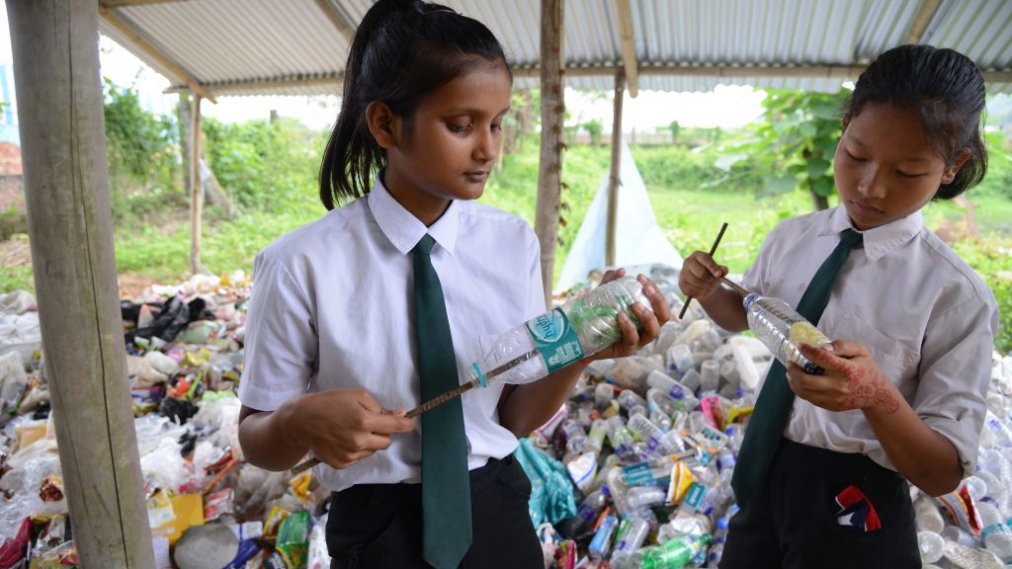
The village, occupied by less than a million, produces 37 tons of garbage a day and had been in practice of burning plastics every day, which caused the students and children to cough and wheeze, besides posing as an environmental hazard.
Besides, school was founded in the site, to educate children, most of whom were been working in local stone quarries, for $3/day. Parents seldom send their earning children to school.
Have you read this? – Why Finland has the best Educational System in the World?
Mazin took these issues in hand & instructed the local people not to burn plastics & asked them to educate their children; but all went in vain. With his wife’s Parmita’s idiosyncratic suggestion, the school switched to accept plastic wastes, in motive to desist the burning practices thereby educating the children simultaneously.
Each student must bring 20 plastic items per week to attend the classes.
“When we asked the parents to send their household plastic with their children on the school bus, almost none of them complied. They preferred to burn their plastic at home. So, my wife told them we would start charging fees. Fees which they could pay in cash, or in plastic waste from their homes,” says Mukhtar.
The alternative school fees policy resulted in 100% compliance from parents who also signed a pledge to stop burning plastic.
What students learn from the school?
Students are taught to install solar panels, work in carpentry, electric workshops and also offers vocational trainings. Students started out from 20, now counts 110, aged 4-15 years and are guided by 7 teachers. Students themselves build walls and any other constructions held on the village using the eco-bricks made out of plastic wastes, bounding to eco-friendly campaign.
Read this: Education happening in Current India: Will be resolved?
Indeed, the students earn money by themselves, by tutoring their junior graded students, which the school suggests. Students are privileged to earn $60-$70 per month by tutoring and from work allotted. Many students have bought cellphones on their own, something their parents couldn’t afford for, even.
Students study without cash & go home with cash.
School also focusses on transforming the lives of its pupils. “The kids who come to our school are disrespected and abused by society. When they come in, they are full of anger and aggression. But as they study and learn new skills, they become more empathetic, optimistic and confident. In fact we have a 13-year-old who could barely speak when she joined three years ago. But now, she is not only excelling academically but is also tutoring two kids from a local English-medium school in her spare time,” says Sarma.
“We try to teach students to take responsibility for their surroundings and to strive to improve them,” says Sarma. “As we collect at least 25 units of plastic every week from each student, we are able to muster upwards of 10,000 pieces of plastic each month. These are transformed into eco-bricks for construction. The clouds of toxic smoke from plastic burning which used to plague the school have decreased significantly.”
Appraisals & Support
The couple have now signed with the Guwahati authorities to implement Akshar in five government schools and plans to start a sustainable landscaping course. B Kalyan Chakravarthy, principal secretary of Assam’s Education department praises the school and affirms the idea of spreading Akshar across government schools.
Mukhtar and Sarma are happy that the community is behind them. “The children are learning new things every day. They love coming to school so much that they don’t want holidays,” says Sarma.
3-min read: If you are familiar with this Future technologies of 2025, your future is settled!
References:

